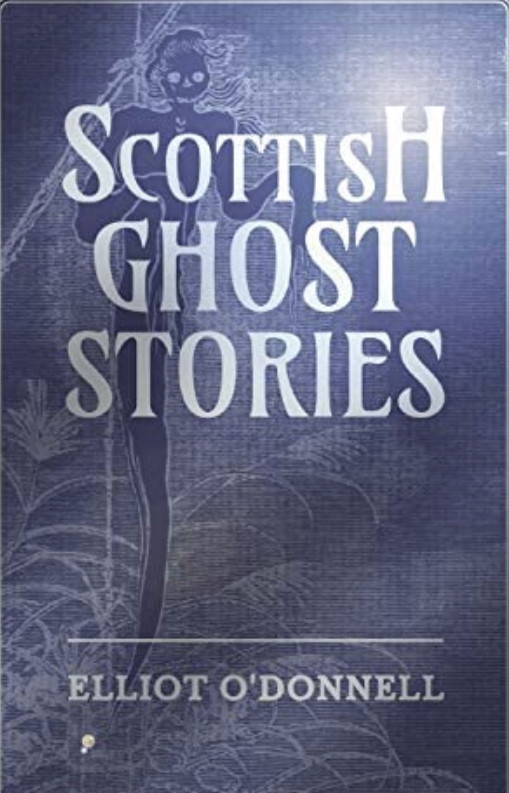Notice: Trying to access array offset on value of type bool in /home/admin/www/v2.anonup.com/themes/default/apps/timeline/post.phtml on line 1
Notice: Undefined index: owner in /home/admin/www/v2.anonup.com/themes/default/apps/timeline/post.phtml on line 36
Notice: Trying to access array offset on value of type null in /home/admin/www/v2.anonup.com/themes/default/apps/timeline/post.phtml on line 36
Notice: Undefined index: owner in /home/admin/www/v2.anonup.com/themes/default/apps/timeline/post.phtml on line 37
Notice: Trying to access array offset on value of type null in /home/admin/www/v2.anonup.com/themes/default/apps/timeline/post.phtml on line 37
Only followers of this user () can see their posts
Notice: Trying to access array offset on value of type bool in /home/admin/www/v2.anonup.com/themes/default/apps/timeline/post.phtml on line 1
Notice: Undefined index: owner in /home/admin/www/v2.anonup.com/themes/default/apps/timeline/post.phtml on line 36
Notice: Trying to access array offset on value of type null in /home/admin/www/v2.anonup.com/themes/default/apps/timeline/post.phtml on line 36
Notice: Undefined index: owner in /home/admin/www/v2.anonup.com/themes/default/apps/timeline/post.phtml on line 37
Notice: Trying to access array offset on value of type null in /home/admin/www/v2.anonup.com/themes/default/apps/timeline/post.phtml on line 37
Only followers of this user () can see their posts
Us Scots will fight to death... keep that in mind.
US LEGAL resident alien, WWG1WGA, Out of Darkness into Light. Tallyho!!
Lots of remote areas in Scotland... many only accessible by sea.
Crappy weather helps too.
How many times will Scotland be ground under, until all that remains are the sheep? The Poison Dwarfs need to pick up their axes and get on with it.
Celts are very strong with the Source Force... they just have to remember that.
Celtic (adj.)
also Keltic, 1650s, in archaeology and history, "pertaining to the (ancient) Celts," from French Celtique or Latin Celticus "pertaining to the Celts" (see Celt). In reference to the language group including Irish, Gaelic, Welsh, Breton, etc., from 1707
From Ancient Greek σκότος (skótos, “darkness”).
a slight burn, or a mark caused by burning: The fire left scorch marks halfway up the wall.
céltico m (feminine singular céltica, masculine plural célticos, feminine plural célticas, not comparable)
Celtic (of the Celts; of the style of the Celts)
Synonym: celta
A CELTICAE
𐌂𐌀𐌄 • (Cae) (genitive 𐌂𐌀𐌄𐌔)
Gaius, Caius
the gens Caia
𐌀𐌓𐌍𐌈·𐌂𐌀𐌄·𐌂𐌀𐌄𐌔·𐌌𐌀𐌓𐌂𐌍𐌀𐌔
Arnth Cae Caes Marcnas
Arunte Caius (son) of Marcinius Caiu
The name Caius is a boy's name of Latin origin meaning "rejoice".
1300, "source of pleasure or happiness," from Old French joie "pleasure, delight, erotic pleasure, bliss, joyfulness" (11c.), from Latin. ... "feelings and expressions of joy, exultation, or gladness," late 14c., rejoising, verbal noun from rejoice (v.). Related: Rejoicingly.
rejoicement (countable and uncountable, plural rejoicements)
(obsolete) Rejoicing.
rejoicing (countable and uncountable, plural rejoicings)
An act of showing joy.
There was much rejoicing when the good news finally arrived.
rejoice (v.) c. 1300, rejoisen, "to own (goods, property), possess, enjoy the possession of, have the fruition of," from Old French rejoiss-, present participle stem of rejoir, resjoir "gladden, rejoice," from. From mid-14c.
"fear took possession of my soul"
The condition or affliction of being possessed by a demon or other supernatural entity.
Back then, people with psychiatric disorders were sometimes thought to be victims of demonic possession.
The condition of being under the control of strong emotion or madness.
Spirit possession is an unusual or altered state of consciousness and associated behaviors purportedly caused by the control of a human body by spirits, ghosts, demons, or gods. The concept of spirit possession exists in many cultures and religions, including Buddhism, Christianity, Haitian Vodou, Hinduism, Islam, Wicca, and Southeast Asian and African traditions. Depending on the cultural context in which it is found, possession may be considered voluntary or involuntary and may be considered to have beneficial or detrimental effects on the host.
Spirit possession, psychokinetic control of the behavior of a living thing or natural object by a spiritual being
ghost
/ɡəʊst/
Origin
Old English gāst (in the sense ‘spirit, soul’), of Germanic origin; related to Dutch geest and German Geist . The gh- spelling occurs first in Caxton, probably influenced by Flemish gheest .
mid 19th century: from German Poltergeist, from poltern ‘create a disturbance’ + Geist ‘ghost’.
In ghostlore, a poltergeist (/ˈpoʊltərˌɡaɪst/ or /ˈpɒltərˌɡaɪst/; German for "loud ghost" or "noisy spirit") is a type of ghost or spirit that is responsible for physical disturbances, such as loud noises and objects being moved or destroyed. Most claims about or fictional descriptions of poltergeists show them as capable of pinching, biting, hitting, and tripping people. They are also depicted as capable of the movement or levitation of objects such as furniture and cutlery, or noises such as knocking on doors.
levitate
/ˈlɛvɪteɪt/
Origin
late 17th century: from Latin levis ‘light’, on the pattern of gravitate .
If you say that someone or something rises or comes back from the dead, you mean that they become active or successful again after being inactive for a while. This was a company that, by all appearances, had risen from the dead.
1. Literally, to return to life or a life-like state after death. Easter is the holy celebration of when Christ rose from the grave. It's yet another film about zombies rising from the grave to eat the living.
wake the dead
To be extremely noisy and disruptive. ... Having so many kids running around screaming all at once, it was loud enough to wake the dead!



